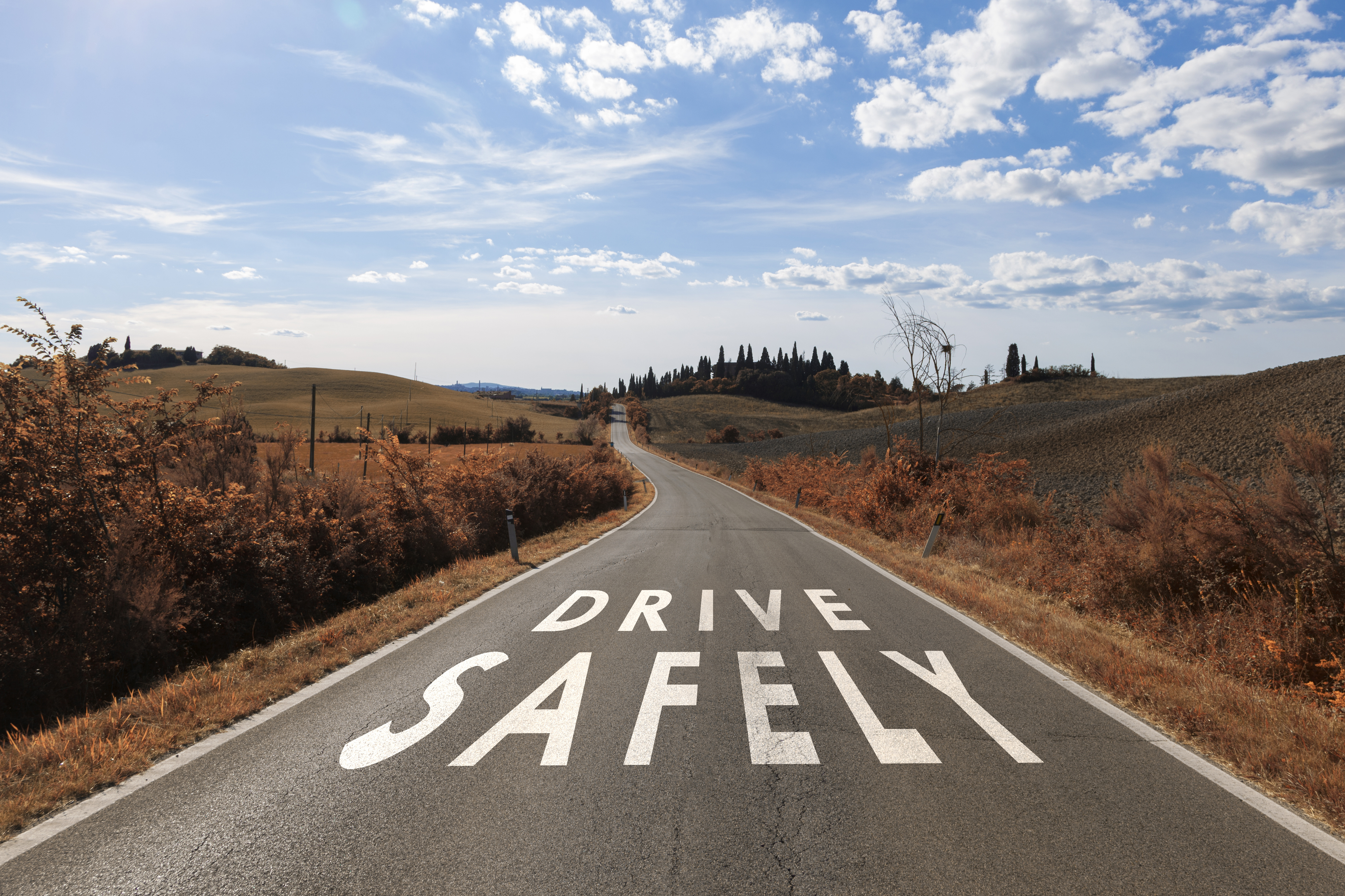Tips to Help Janitors Stay Safe

4 Ways to Help Janitors Stay Safe
Acuity is focused on helping you keep your business and your employees safe, and this blog provides tips directed at keeping your employees safe while on the job.
Below is a list of some of the most common workers’ compensation claims in the janitorial industry along with a few ways you can help mitigate them.
Sprains & strains
In the janitorial industry, strains and sprains are most commonly caused by improper lifting, handling heavy objects, and improper ergonomics.
- Lifting:
- Use mechanical aids, proper lifting techniques, or assistance as needed.
- Minimize bending and reaching by storing equipment and handling loads at waist height.
- When filling buckets, place them on the floor or on carts and use hoses to fill them.
- Use buckets that have bottom-draining features and use this bottom-draining feature when emptying them.
- Use lightweight canister backpacks or self-propelled upright vacuums.
- Handling heavy objects:
- Slide items into the back of the truck or van before attempting to lift them and do not lift items over truck walls or tailgates.
- Use slip pads or materials to help slide furniture more easily.
- Transport cleaning supplies or other heavy items with carts or assistive devices with wheels to avoid lifting and carrying.
- When possible, use two-person lifts for loading dumpsters.
- Ergonomics:
- Provide task-specific tips to minimize ergonomic risk factors, such as repetitive motions, poor posture, and lifting heavy weight.
- Educate employees on proper body posture for various job duties.
- Encourage regular stretch breaks.
Slips & falls
Tasks such as cleaning and buffing floors, working with cords, and working on stairs can all lead to dangerous slip and falls.
- Buffing, mopping, and wet floors:
- Use proper warning signs on wet and recently buffed floors.
- Clean spills immediately.
- Stair safety and working at heights:
- For balance and stability, use handrails, stand sideways, and wear non-skid footwear when working on stairs.
- Maintain visibility when carrying items.
- Use a ladder or stool to reach high places.
- Ensure ladders have supports latched and are properly set up and maintained.
- Use three points of contact when climbing ladders.
- Dispose of products according to manufacturer specifications.
- Keep walkways clear and check for hazards.
Exposure to cleaning supplies & chemicals
Extra precaution is always required when working with harsh chemicals. Here are a few tips to consider when working with cleaning supplies and chemicals:
- Keep Safety Data Sheets (SDS) up to date and follow OSHA hazard communication standards.
- Exercise proper storage and use practices per the SDS to avoid inhalation or skin exposure injuries.
- Use appropriate personal protective equipment (PPE).
- Do not mix chemicals or cleaners.
Struck by moving objects
As you and your employees move and carry items from place to place, keep the following in mind:
- Use a ladder for better access to high storage that is not subject to tipping or falling.
- Keep closets and storage areas organized and well-lit.
- Be aware of potential falling and moving objects.
General safety tips
The following safety tips can be implemented regardless of the work you or your employees are doing:
- Exercise caution when working at night or in unfamiliar places.
- Follow safety protocols and OSHA regulations.
- Wear stable footwear with slip-resistant soles.
- Use proper personal protective equipment (PPE) when handling, storing, and disposing biowaste.
This brochure has all of these tips in one easy-to-reference place to help you implement them in your business. In addition to safety materials like these, Acuity also has Loss Control Representatives on staff who can help you reach your safety goals.
An insurance company that cares about you and insuring the things you wish to be insured.
Get a Quote> Find an Agent>

